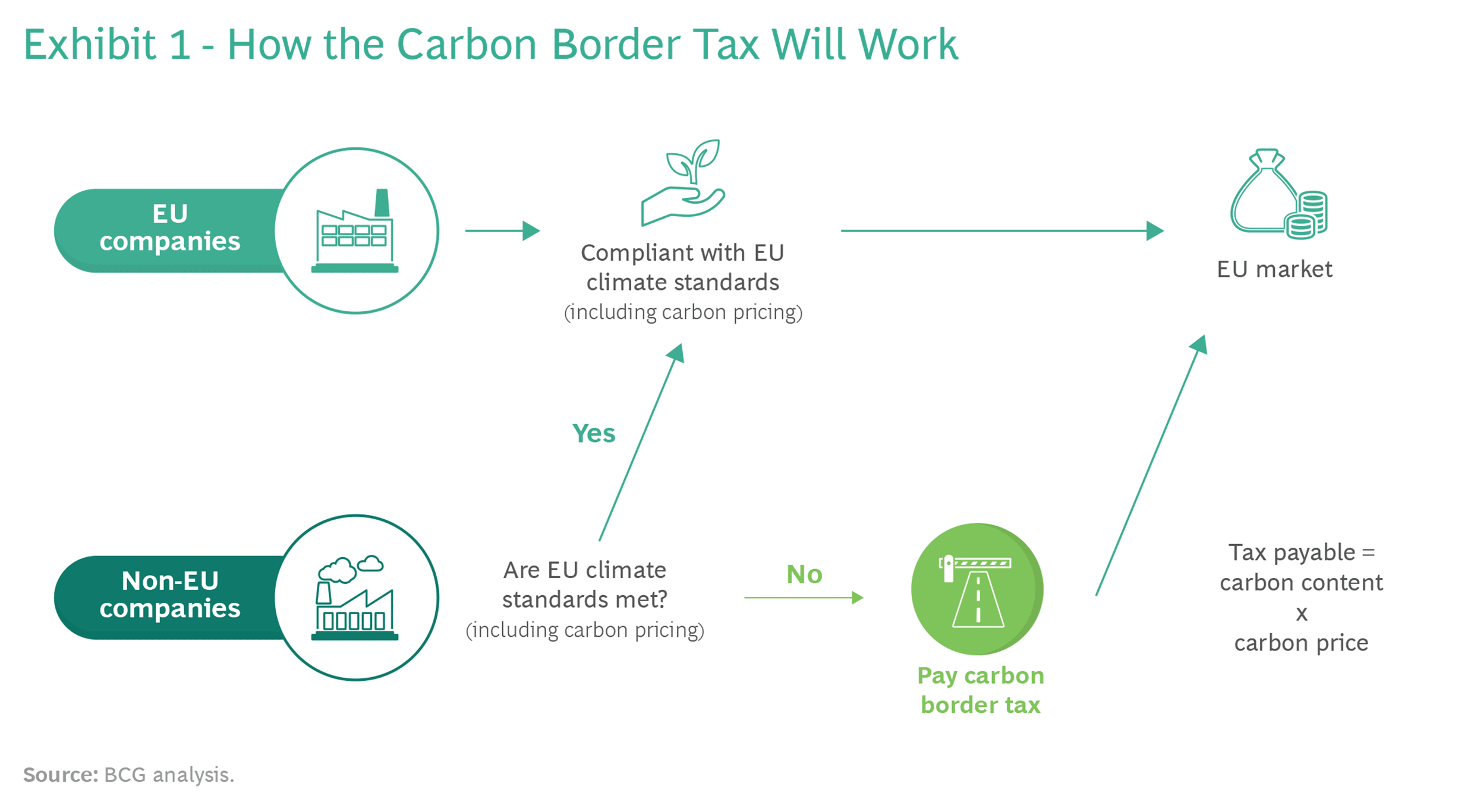In an era of globalization, the structure and management of global supply chains have become increasingly complex. At the heart of this complexity lies the intricate web of tax treaties, particularly within the European Union (EU), which play a significant role in shaping the taxation landscape for multinational corporations. These treaties are designed to prevent double taxation and fiscal evasion, influencing how businesses navigate cross-border operations. This article delves into the nuances of EU tax treaties and their impact on the taxation of global supply chains.
Analyzing EU Tax Treaties in Global Supply Chains
EU tax treaties are bilateral agreements between member countries that aim to eliminate the problems of double taxation—a scenario where the same income is taxed in more than one jurisdiction. These treaties are pivotal for multinational corporations operating within the EU, as they determine how income is allocated between countries, affecting the tax liabilities of businesses engaged in cross-border trade. By providing a framework for the allocation of taxing rights, these treaties facilitate smoother international trade and investment, promoting economic cooperation and integration among EU nations.
A key feature of EU tax treaties is the mutual agreement procedure (MAP), which allows companies to resolve disputes related to tax assessments in different jurisdictions. This mechanism is crucial for global supply chains, as it ensures that profits are not unfairly taxed multiple times, thereby reducing the risk of economic double taxation. Moreover, MAPs provide a platform for tax authorities to collaborate and harmonize their approaches, fostering a more predictable and stable tax environment for businesses.
Transfer pricing is another critical aspect governed by EU tax treaties, influencing how companies allocate income and expenses among their subsidiaries in different countries. The arm’s length principle, a common feature in these treaties, mandates that transactions between related entities be conducted as if they were between independent parties. This principle is essential for preventing profit shifting and ensuring that tax revenues are fairly distributed among jurisdictions, thereby impacting the overall efficiency of global supply chains.
The Impact on Cross-Border Taxation Dynamics
The influence of EU tax treaties extends beyond merely preventing double taxation; they also shape the strategic decisions of multinational corporations regarding supply chain management. By clarifying the taxing rights of different jurisdictions, these treaties provide businesses with the certainty needed to plan their operations and investments effectively. This predictability is crucial for companies as they design supply chains that optimize tax efficiency while complying with international tax laws.
EU tax treaties also impact cross-border taxation dynamics by affecting the competitive landscape within the union. By reducing the tax burden on cross-border activities, these treaties encourage the free movement of goods, services, and capital, which are fundamental principles of the EU single market. This liberalization fosters competition among member states to attract foreign investment, leading to a more integrated and competitive economic environment. However, this dynamic also poses challenges, as countries must balance attracting investment with maintaining robust tax systems.
Moreover, the implementation of EU tax treaties has significant implications for tax policy and reform within member states. The treaties often necessitate changes in domestic tax laws to align with international standards and obligations. This harmonization process can lead to increased cooperation and dialogue among EU countries, paving the way for more extensive tax policy integration. However, it also raises questions about sovereignty and the extent to which countries are willing to cede control over their tax policies in pursuit of greater economic unity.
EU tax treaties play a crucial role in shaping the taxation landscape of global supply chains. By providing a framework for resolving double taxation and facilitating cross-border trade, these treaties influence the strategic decisions of multinational corporations and impact the competitive dynamics within the European Union. As globalization continues to evolve, the role of these treaties in fostering economic cooperation and integration becomes increasingly important. However, they also present challenges and raise questions about the balance between national sovereignty and international collaboration in tax policy. As such, understanding the intricacies of EU tax treaties is essential for businesses and policymakers navigating the complex world of global supply chains.
